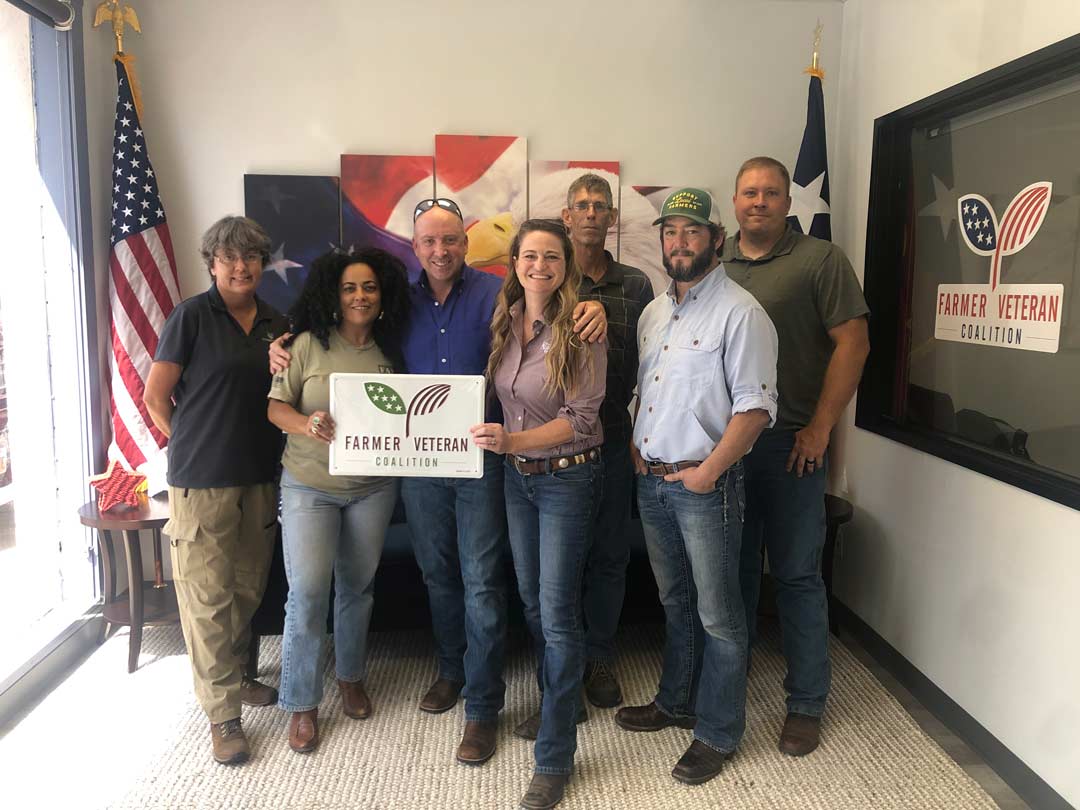
FVC of Texas Reinvigoration Meeting
On Thursday, July 6, Farmer Veteran Coalition of Texas board members and other volunteers came together to reinvigorate their state chapter.

On Thursday, July 6, Farmer Veteran Coalition of Texas board members and other volunteers came together to reinvigorate their state chapter.

DeShauna Hollie grew up in Texas and is a native Wacoan. She moved away to attend college in Illinois at Greenville College where she studied History and Political Science.

Through this project, we will be training FVC members, their families, and members of the agricultural community that work with Veterans about mental health topics, especially suicide prevention using PsychArmor® and QPR.
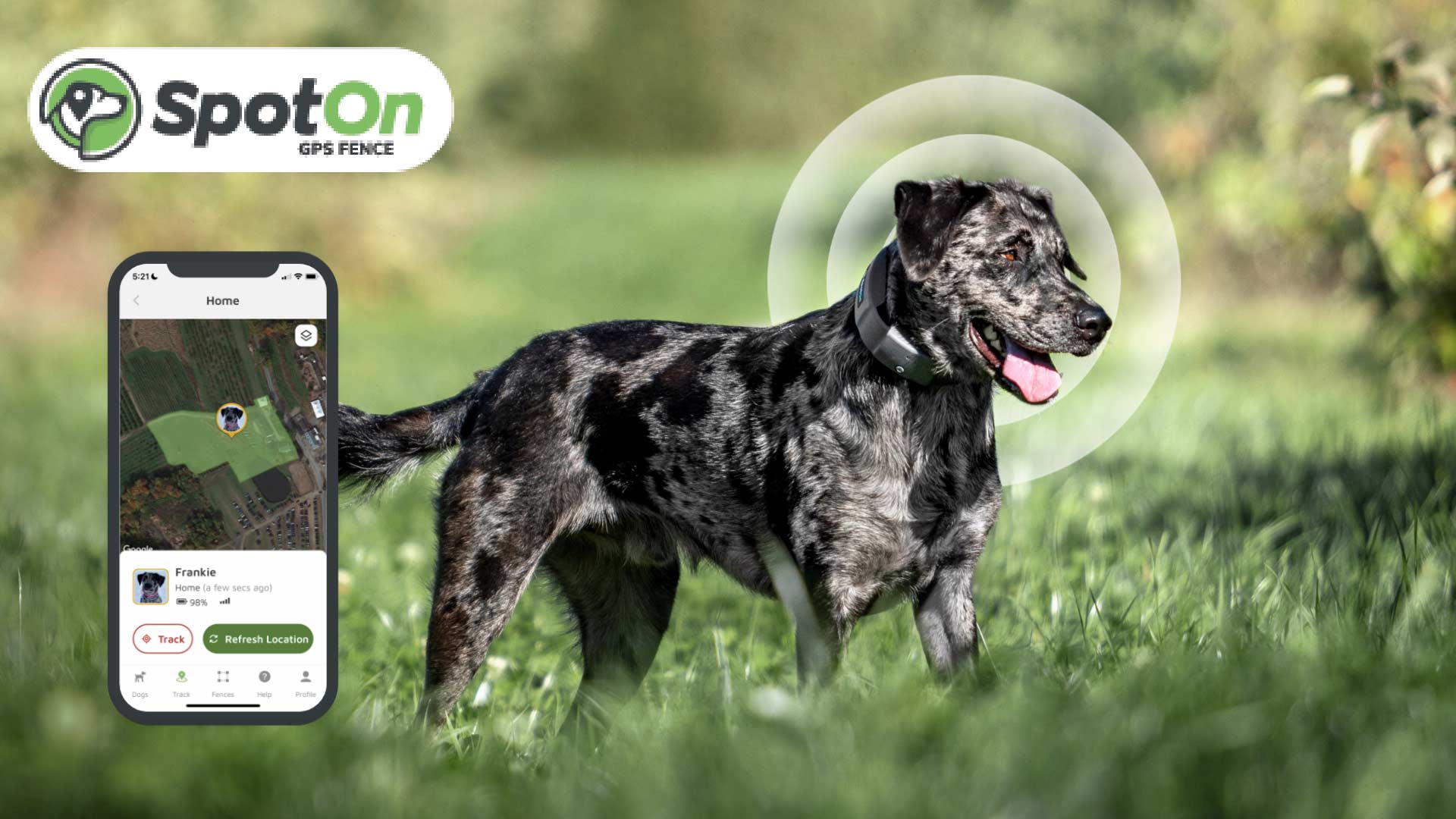
Farmer Veteran Coalition has announced a new discount partnership, this time with SpotOn Fence!

Summer is nearly here! Your staff here at the Farmer Veteran Coalition head office in Waco, TX have been humming like a hive of worker bees developing national programs for our membership at large, as well as our state chapters. Here are a few updates for you.
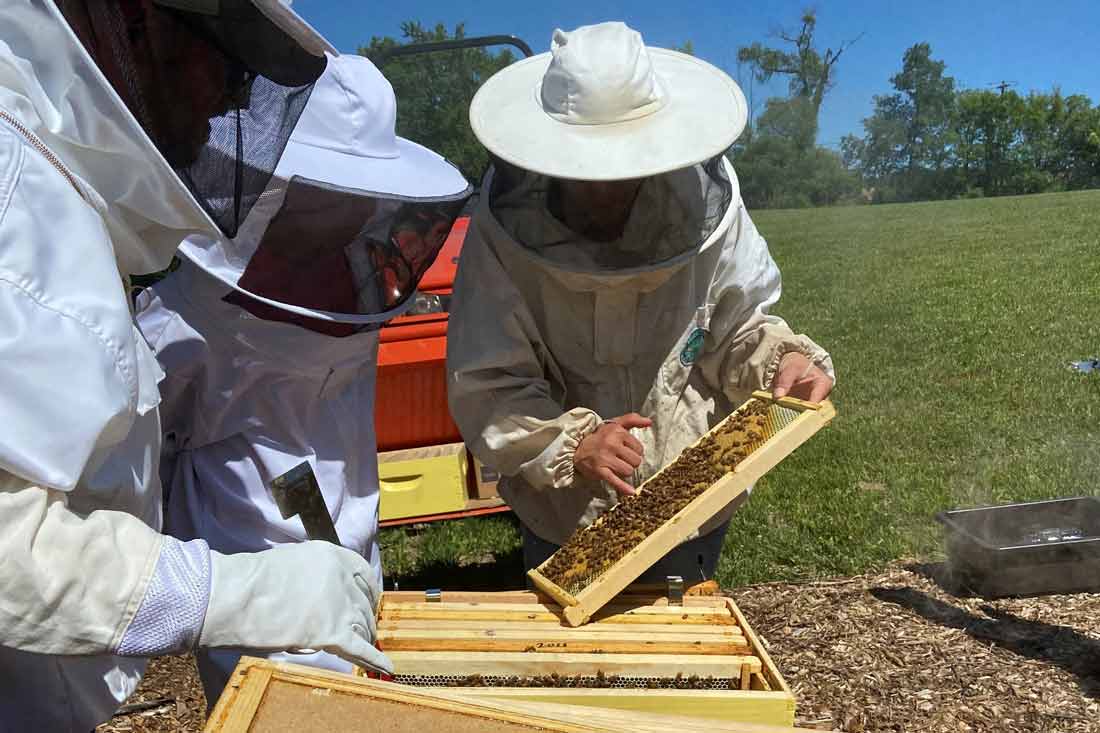
Receiving a Fellowship Fund award through the generous funding support of The Wounded Warrior Project has meant that their family farm will be able to finally buy the UTV they have been saving for and get closer to meeting their goals set out in their 10-year business plan.
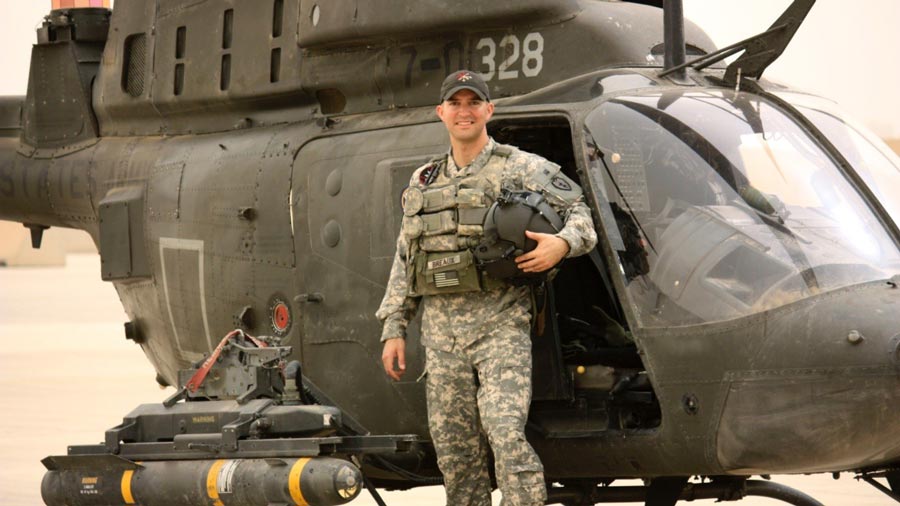
Michael “Brandon” Breaux, along with his wife Lauren Breaux, are the owners of Cockeyed Farms. Known as “The Cockeyed Farmer”, Brandon was born and raised in Baton Rouge, Louisiana.

FVC has received a four-year Mental Health Awareness Training Grant from the Department of Health and Human Services Substance Abuse and Mental Health Services Administration (SAMHSA).

Born and raised in Waco, Texas, Diego left Waco to attend the University of North Texas in Denton, Texas, where he graduated with a bachelor’s degree in public relations.
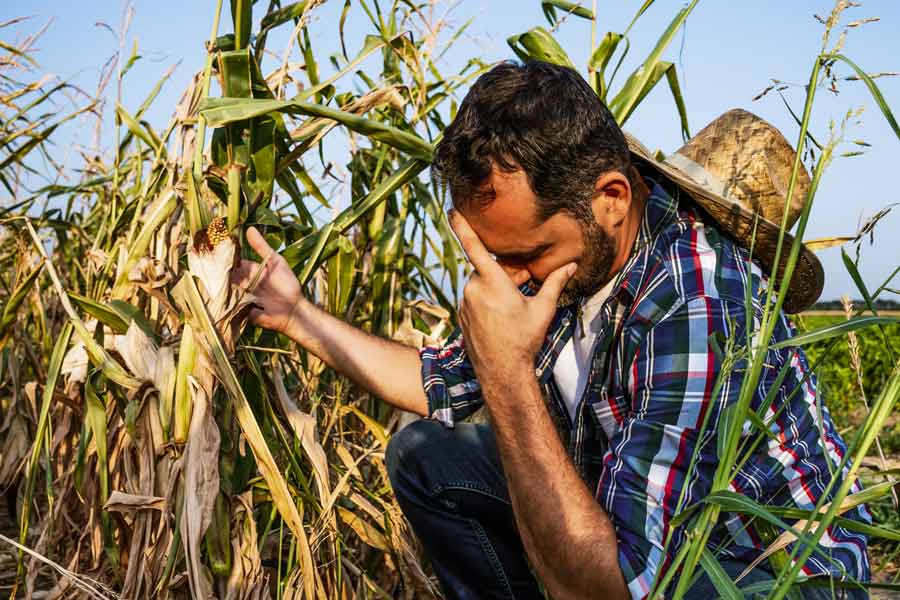
NAP will partially cover losses related to crop production, but not losses to the actual plant. For example, if a NAP-covered strawberry field experienced extreme damage due to an extreme drought, NAP payments would only cover the loss of income due to reduced production — not the damage to the strawberry plant itself.